|
Paths to QUALITY is a voluntary State wide rating system that guarantees that not only is the health and safety of your child reaching and exceeding minimum standards but that the level of care, daily interactions and curriculum are being conducted in the best interest of your child. Each year, our program goes through an annual inspection in which our rater spends the day moving through our program observing instruction, student/teacher interactions, classroom environments and validating documentation of program standards and procedures. Each level of Paths to QUALITY builds on the foundation of the previous one, resulting in significant quality improvements at each stage and in national accreditation at the highest level, level 4. The system validates early care and education programs for ongoing efforts to achieve higher standards of quality and provides incentives and awards for success. Giving Tree Early Learning maintains a Level 3 rating and is working towards national accredication through NAEYC. The difference between Level 2 and Level 3 are found not in the learning environment but in the instruction itself. The PTQ Rater observes teacher-child interactions, assesses the use of the Early Learning Foundation standards to ensure developmentally appropriate practice, reviews staff development, evaluates student portfolios as well as inspecting all of the standards from the two previous levels. The checklist for the rating visit is 11 pages long! While we have effectively met the minimum requirements, we strive to provide a learning experience that goes above and beyond. We are often asked by early childhood professionals to come into our program to observe developmentally appropriate practices in action. In the Indianapolis early childhood community, Giving Tree has become a local hotspot. Our Reggio inspired curriculum, commitment to the children and clear documentation of how learning occurs through play has shined brightly. Brittany Flaugher formerly of Child Care Answers referrred to our program as reflecting "the tapestry of life" because she can see each thread- families, children, teachers, environment and curriculum, interwoven to create a rich and vibrant "tapestry of life." Below are the components met in PTQ Level 3: 1. Portfolios- Each school year we assess, observe and collect work samples showing your child's growth. These portfolios include pictures, written observations, work samples important notes from home, and our ISTAR-KR assessments. 2. Environment- each classroom contains 10 learning centers with a minimum of three components. Those centers are Reading/Literacy, Writing, Art, Mathematics, Science, Sensory, Music, Blocks, Manipulatives, Dramatic Play. In addition to the PTQ standards we also provide Reggio inspiration throughout with a focus on the use of open-ended materials and loose parts. The most important component of the environment, aside from the safety and learning centers, is on the representation of your child within the space. Each classroom must contain photographs, dictations and work samples of your child engaging in their day. This allows your child to feel represented and a part of the classroom environment. Loris Malaguzzi, the founder of the Reggio philosophy once said, "Teachers must leave behind an isolated, silent mode of working, which leaves no traces. Instead they must discover ways to communicate and document the children’s evolving experiences at school. They must prepare a steady flow of quality information targeted to parents but appreciated by children and teachers." It is this source of inspiration that we document the learning process of the children and adamantly believe that the documentation exists for all of those involved as a form of validation and reflection of the learning at the hands of our children. 3. Curriculum- PTQ outlines developmentally appropriate practice and a strong emphasis on teacher-child relationships. As you walk through the hallways of your child's classroom, make sure to take a glance at the documentation and lesson plans. There you will find the Foundation standards which outline the developmentally appropriate goals and skills for your child. You can learning more about the Foundation standards by visiting https://www.doe.in.gov/standards/indiana-early-learning-foundations 4. Interactions- The PTQ check list includes a variety of ways in which our interactions with the children are assessed and evaluated. The Rater is looking for: 1. Are the children allowed to make choices in their play throughout the day? 2. Are the children heard and listened to? 3. Are the children's needs being met by a caring and attentive adult? 4. Are the children's interests being reflected and supported in the learning process? 5. Are the child's individual needs being met by the caregiver? 6. Are the children being respected and spoken to at their eye level? 7. Are the teachers helping children to problem solve, self regulate and resolve conflicts? 8. Are the teachers supporting the child's social- emotional development? 9. Are the children being supported in developing self-help skills? 10. Is the teacher taking advantage of the many natural learning experiences associated with daily life and makes those "teachable moments" opportunities of learning? 5. Professional Development- A component of the PTQ process is that staff receive a minimum of 20 hours of ongoing professional development each year. These trainings must be relevant to early childhood development and the needs of the children. From last October until now, the staff have completed 640.50 hours of professional development. On average, that comes to each staff member having completed a minimum of 25 hours of training yearly. Additionally, we have staff members who have recently completed or are in the process of completing advanced degrees in early childhood education and non-profit management. In 2018, the Director and Assistant Director traveled to Reggio Emilia, Italy to study the Reggio Emilia teaching philosophy directly. Our staff not only partakes in training sessions but have also led trainings at various conferences and facilities throughout the greater Indianapolis area. Presentations include:
IAEYC Annual Conference (Indiana Association for the Education of Young Children) INPEC Conference (Indiana Private Educators) Indy Reggio Inspired Educators Ministry-based Conferences and workshops Early Literacy Conference (Child Care Answers) Ivy TECH Early Education Conference JGFI Day of Learning (Jewish Federation of Greater Indianapolis) The importance of quality early childhood programming is undeniable. Study after study shows that the benefits are found not just in the development of our children but also in the economy and community at large. In the Indianapolis area only two Jewish preschool programs have received the PTQ high quality rating and only Giving Tree Early Learning offers a play based curriculum rooted in Reggio inspiration. Thank you for allowing us to be a part of your child's growth and CONGRATULATIONS to the GT Team on recertifying Paths to QUALITY Level 3.
0 Comments
Your comment will be posted after it is approved.
Leave a Reply. |
AuthorMrs. Alethia Minlaff, Director: you can reach her by emailing [email protected] Archives
May 2024
Categories
All
|
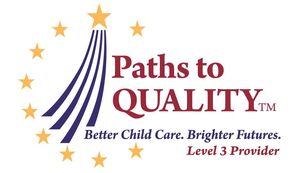
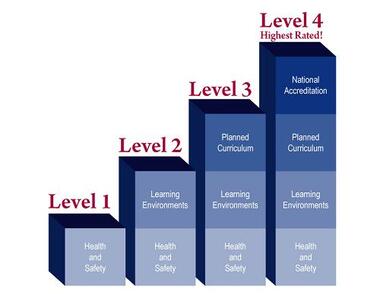
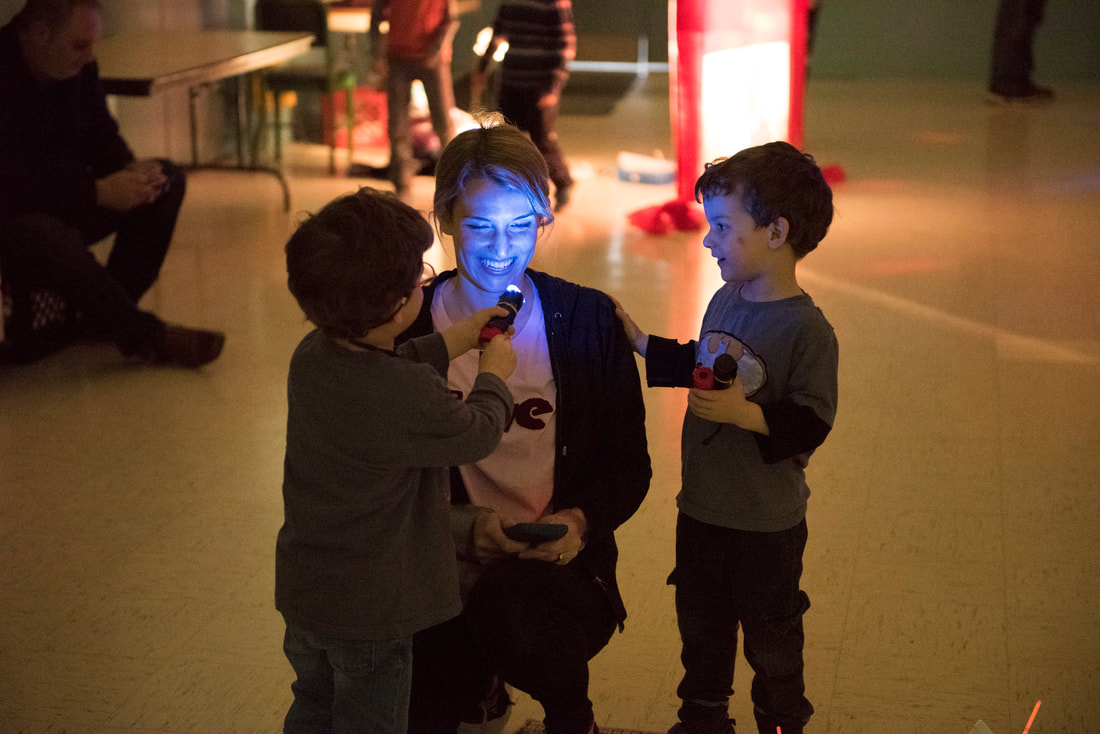
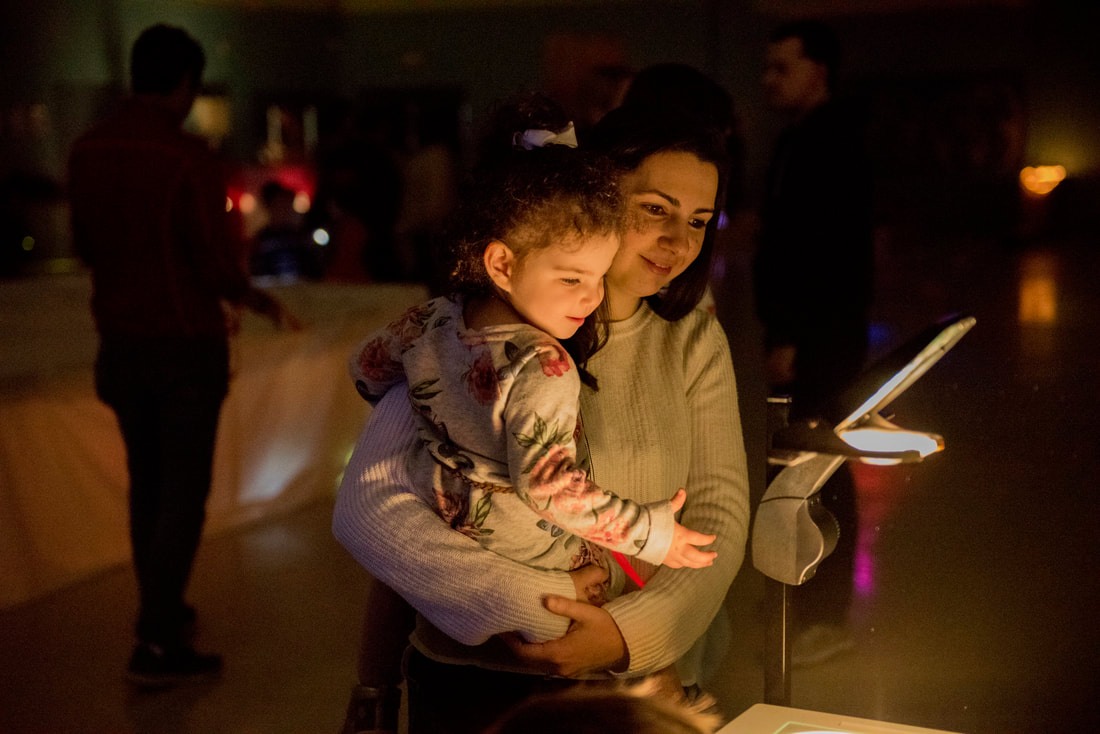
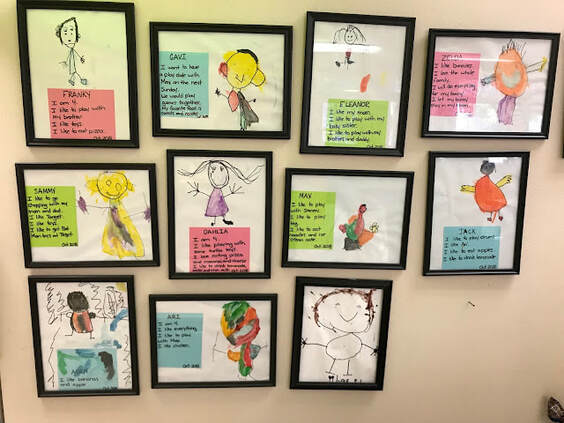
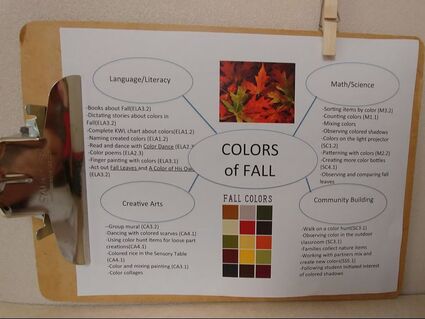
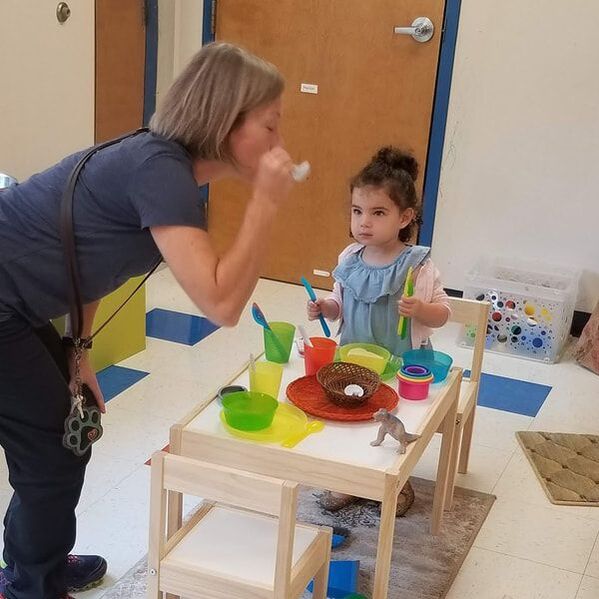
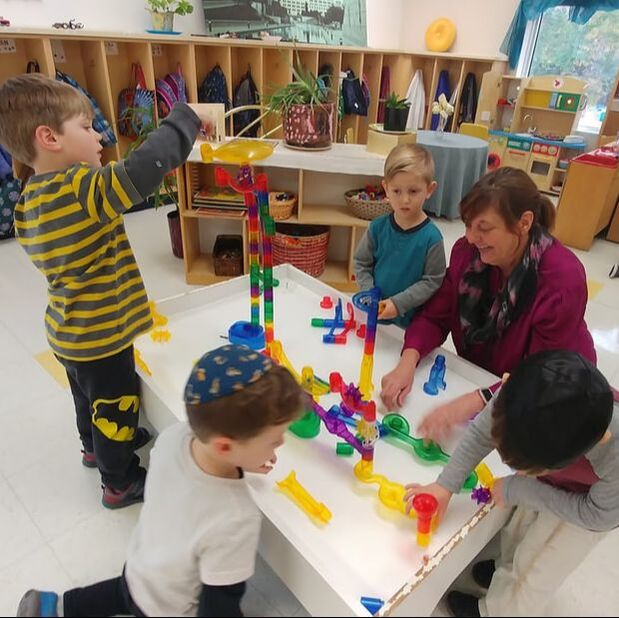
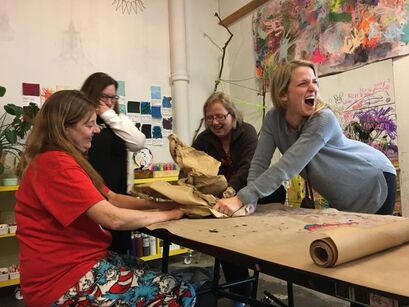
 RSS Feed
RSS Feed

